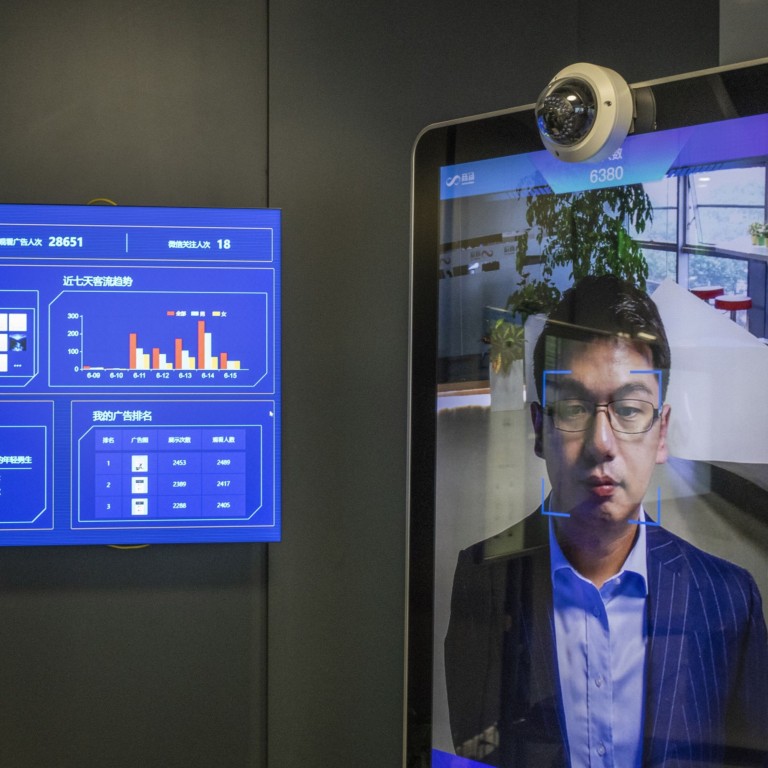
SenseTime gets green light from Hong Kong exchange to proceed with US$2 billion IPO, sources say
- China’s largest artificial intelligence company gets approval from Hong Kong stock exchange’s listing committee for share sale, sources say
- SenseTime’s flotation could be the first tech IPO that raises over US$1 billion since Li Auto’s deal in August
The world’s largest travel retailer has also won the go-ahead this week from the Hong Kong bourse to proceed with its secondary listing and share sale, the Post has reported, citing a source familiar with the transaction. The Shanghai-listed firm could be targeting up to US$5 billion, according to previous media reports.
The Post has previously reported that SenseTime is targeting at least US$2 billion, but the company has declined to comment on the deal. China International Capital Corporation (CICC), Haitong and HSBC are serving as underwriters on the offering.
In its latest bid to promote the IPO market in the city, Hong Kong Exchanges and Clearing from January will substantially lower the capitalisation qualification to enable smaller companies to raise funds through secondary listings, according to an announcement by the exchange on Friday night.
The exchange decided to go ahead with the reform, first proposed in March, after it gained wide support from the market. The new rule will allow companies with a minimum valuation of HK$3 billion (US$386 million) after five years of listing in the United States or London to qualify for secondary listings in Hong Kong, a drastic reduction from the current minimum threshold of HK$40 billion.
It will also allow US-listed companies which are not in innovative sectors to apply.
As of June 30, the company’s software platforms were used by more than 2,400 customers, including more than 250 Fortune 500 and other publicly listed companies, according to the filing. The company also has more than 8,000 AI patents and patent applications.
The stock sale by SenseTime has also come amid an ongoing consultation by the country’s top cybersecurity watchdog on its plan to impose a cybersecurity review on mainland companies seeking a Hong Kong IPO on national security grounds.
But there are other privacy and data protection rules that have already become effective which the company has cited as risk factors in its draft prospectus. These include the Data Security Law, and the Personal Information Protection Law.
“Failure to comply with the cybersecurity and data privacy requirements in a timely manner, or at all, may subject us to government enforcement actions and investigations, fines, penalties, suspension of our non-compliant operations, among other sanctions. The company’s principal place of business in China is in Shanghai and Hong Kong, where it maintains head offices in both cities.”
Wang Xiaogang, the company’s co-founder and managing director of its research laboratory, said Hong Kong remains an important place for him and the company.
For the first half of this year, SenseTime reported a net loss of 3.7 billion yuan, following net losses in all previous three years of 2018 to 2020.



